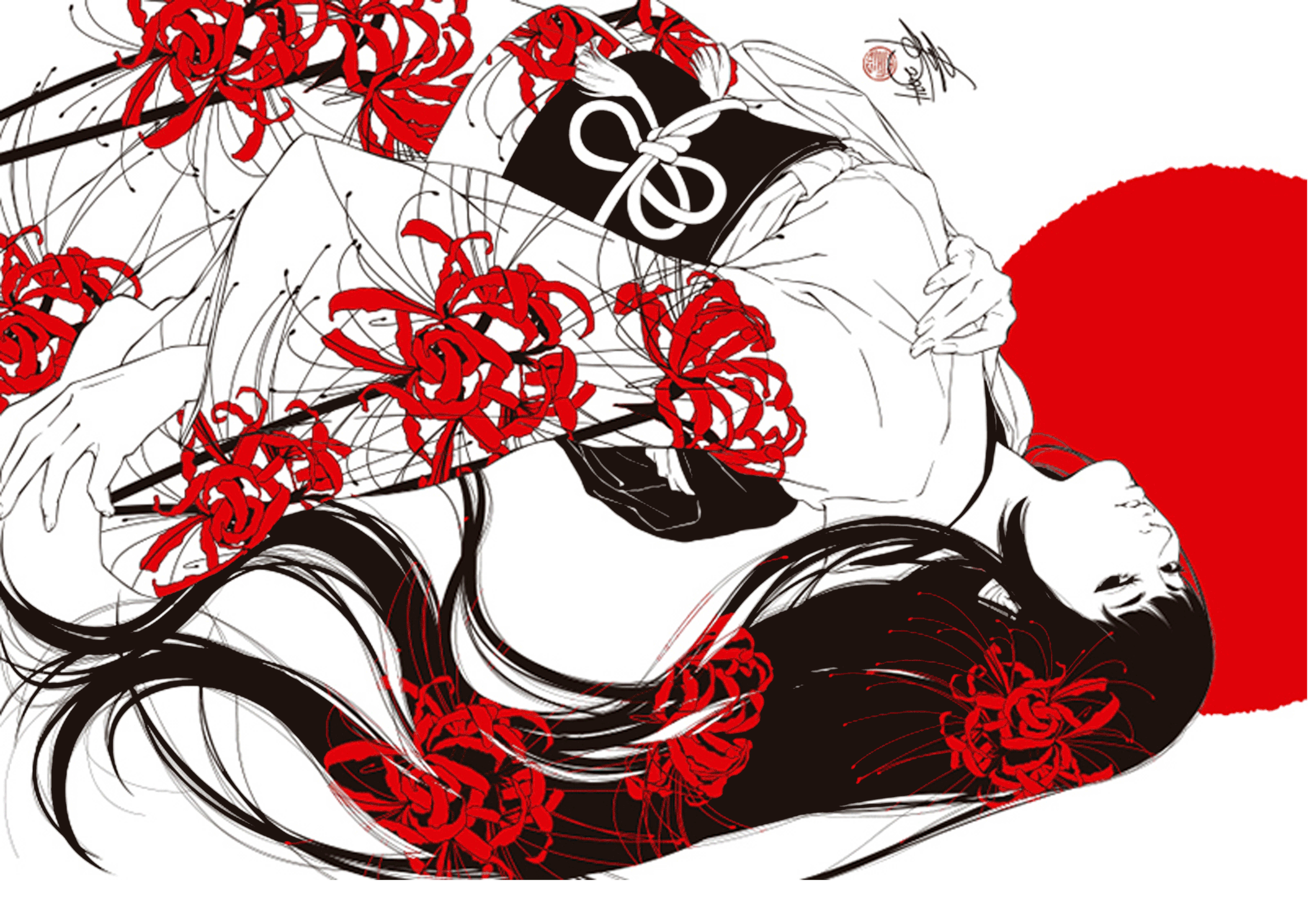So, Haruka flies off to America in June, leaving you to your own devices for the next three months. You are “single” again and couldn’t be happier than a dog with two tails, which once more begs the question:
Why didn’t I just get divorced?
Yes.
As you well know, I did eventually.
But not for several more years. Wouldn’t it have been better to be single all that time?
I can’t really say. Do I want those years back? Yes, of course I do! I wish I had still been in my early thirties by the time we got ‘round to divorcing and I’m pretty sure Haruka would now agree. But was that feasible then? Not really. And more importantly, would getting divorced sooner rather than later have changed where or who I am today? I doubt it. Besides, I am happier now than I have ever been—albeit dead tired most of the time—thanks to my three little boys. I tell myself that if the price of becoming as happy as I am today was having to endure those years with Haruka, then it was well worth it.
I guess that’s one way of rationalizing your indecisiveness.
It’s not a rationalization!
Okay, okay. No need to get your knickers in a twist, Peadar. So, you were a single man again, right? How did things go for you this time?
Quite nicely, actually.
Oh?
Kei and I ended up spending a lot of time together that summer. Thanks to her work—she was a nurse . . .
I know.
Well, what some may not know is that nurses in Japan—those at the larger hospitals in particular—often work a variety of shifts, meaning Kei would sometimes have weekdays off or, even better, get off work at around midnight.
How could that possibly be better?
It made it easier for her to stay out late. We might meet at a yataiaround midnight . . .
Yatai?[1]
It’s a kind of outdoor food stall. They’ve all but disappeared from most Japanese cities, but in Fukuoka yataiare still popular places to eat and drink. Kei might, say, text me in the evening and ask if I was free. I usually was. And we would meet at one of our favorite yatai, eat and drink until three or so in the morning, and then I’d walk her home.
You’ve said that you didn’t often sleep with Kei. How about during that summer?
That summer was the exception. We were spending so much time together, meeting two or three times a week, that something of a “sexual nature” was bound to happen every now and again. But so much more important than the sex we were having was the nourishing affection we shared: the holding of hands, the hugging, the caresses, the kisses—all the things I had been starved for after marrying Haruka. That summer Kei and I made a lot of memories.
Such as?
It’s not that I did anything different from previous summers. I went to the same fireworks displays, had the same barbecue parties, saw the same summer blockbusters. What made it different was that I was sharing these moments with Kei.
[1]There are about 200 Yatai (屋台) in Fukuoka, with most located in and around Tenjin, the city’s busy shopping district. While yatai were once fairly common throughout Japan, only Fukuoka still has a large number of them today. Most of the yatai serve either yakitori or rāmen or both.
The first installment/chapter of A Woman's Hand can be found here.
A Woman's Hand and other works are available in e-book form and paperback at Amazon.
